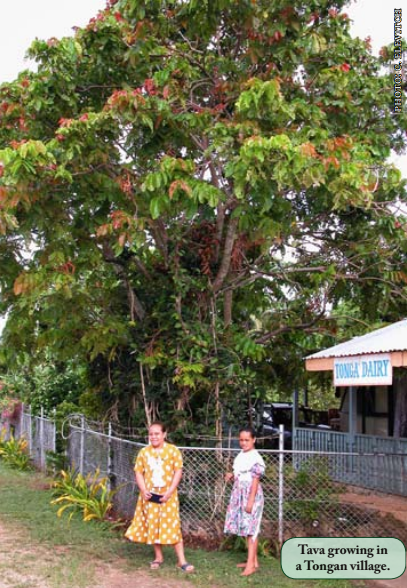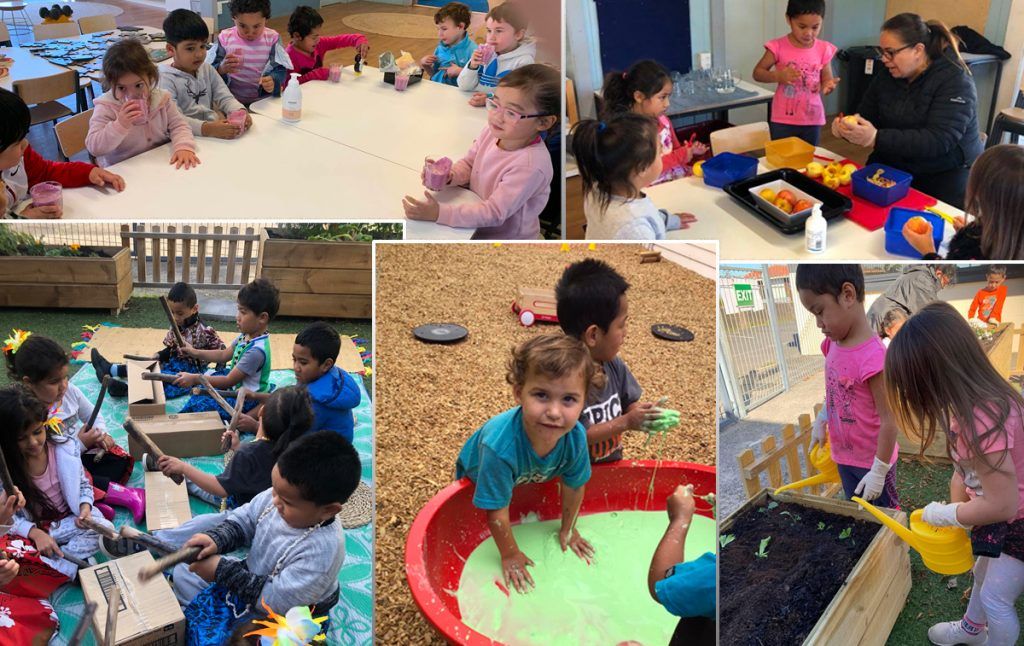

Photo/Tapish via Unsplash
Vitamin powder could help children manage emotions
A study looks at the potential benefits of micronutrients for tamariki's mental health, with treatment easier to stomach than traditional medicines.
A little powder, a lot of power.
New research suggests micronutrients could be a game changer for helping children regulate their emotions.
A University of Canterbury study included 48 children aged 5-10 who struggled with emotional dysregulation, with symptoms such as temper outbursts, irritable mood and anger. They were asked to take a powder blend of 36 vitamins, minerals and amino acids over three months.
One of the study authors, Dr Nurina Katta, said micronutrients support brain chemicals dopamine and serotonin, which are crucial for supporting mood and mental health.
“A lot of children do struggle with symptoms of emotional dysregulation and it is associated with a range of adverse outcomes for them in the family environment, the home environment, school environment.
“When children were taking the micronutrients, their symptoms improved, whereas if they stopped taking the micronutrients, the symptoms returned, although they didn't return to the degree that we observed before they started the trial when they started taking the micronutrients.”
Participants were given a low-dose powder in three different flavours over a staggered period, which they dissolved in their mouths before swallowing.

Dr Nurina Katta says micronutrients support brain chemicals dopamine and serotonin, which are crucial for mood and mental health. Photo/linkedin
Two-thirds of the children in the study showed ‘much’ or ‘very much’ improved emotional regulation and a clinical reduction in symptoms for Attention Deficit/Hyperactivity Impulsivity Disorder (ADHD) and Oppositional Defiance Disorder (ODD).
Katta said they wanted the micronutrient formula to be easy to take, and the powder could be an alternative for fussy eaters.
“Because some children, in particular, might struggle with taking pills, this was an alternative way of seeing whether, first of all, the children tolerate the powder and can take it well and don't struggle too much with taking it, and then also look at the efficacy of the supplement on their emotion dysregulation symptoms.”
Katta hoped that if future research could confirm the findings of the study, micronutrients would be viewed as an alternative and accessible treatment option to support healthy brain functioning.
“A lot of the ultra-processed foods that are out there these days, they have a very low amount of vitamins and minerals contained in them, so having the micronutrients available as a supplement might help to support children with their mental health or their health overall.”
New Zealand-registered Tongan dietician Mafi Funaki-Tahifote said a key relationship exists between diet and health.
Watch Mafi Funaki-Tahifote's full interview on PMN Tonga.
"We are what we eat ... when we eat, we are getting our micronutrients, that is, vitamins and minerals from the four food groups: Vegetables & Fruits, Breads & Cereals; Meat, Fish, Seafood, Eggs, Legumes and Lentils and Milk & Milk Products.
"Although we require vitamins and minerals in smaller amounts compared to macro-nutrients, they are equally as important, both for our physical health as well as playing important roles in our mental health and well-being."
Funaki-Tahifote said supplements should be taken in addition to a healthy diet, which is a familiar concept.
"We take them as traditional medicines in their natural form, typically as ‘juices’ (extracts) from tree barks, plant roots, leaves and fruits."
She said taking supplements as a powder would be more palatable than what she endured as a child.
“I grew up in Tonga, and I was exposed to having our vai Tonga and our traditional medicines, so we would line up and one of my aunties will give us vai tava.
"This is scraping the bark of the tava tree, I think they're called in English lychees. The scraped tava bark is mixed with water and squeezed for the liquid, which is what we lined up to take as a tablespoon each.

Tava trees are rife in Tonga and are used to treat a variety of illnesses. Photo/Supplied
"It is a very, very bitter mixture”.
Funaki-Tahifote said most traditional medicines involve boiling or juicing roots, leaves, fruit, or bark of trees, but adding moving to a powder could be a more palatable alternative.
“Non-traditional methods or Western medicine involve extracting from plants and putting them into a tablet or a pill or liquid solution or powder form as supplements.
"Supplements are more palatable than our traditional medicines but often more expensive and unreachable for many of our Pacific families.”
Small sachet sticks containing the micronutrient powder cost $149 for a month’s supply.
A holistic approach to mental health
The findings of the study will be used to contribute to wider research called the M&M trial, and Katta hoped it could eventually be viewed as an alternative treatment option to support mental health.
“Some parents do not want to medicate their children or with other interventions, there might be costs or long waiting lists involved.”

How a child feels every day can influence how they participate at daycare and at home. Photo/gracepreschool.co.nz
Funaki-Tahifote said the study had the potential for further research, but affordability must be a key consideration for the final product.
“The study showed positive results in a short period of time. This could have been extended beyond the study, so it is a promising thing."
Funaki-Tahifote said that eating a wide variety of foods would provide all the nutrients our bodies need for healthy living; considering the increased cost of living, it can be expensive and, therefore, inaccessible for some.
"It is a complex systems issue which we need to address from all angles, including community initiatives that aim to improve access to healthy foods, changes to food advertising to reduce the exposure of children to unhealthy food marketing and government action to address cost of living pressures such as those from housing costs, to name a few.
“A lot of our families are struggling and experiencing increased food insecurity let alone simply surviving on a daily basis.
"More households are being forced to resort to two or more jobs and working long hours, that is if they have a job.
"It means fewer or no parents and caregivers are home to prepare and cook food that are healthier for their families.
"Being time poor, increased costs of living are only a few of the barriers to achieving better health outcomes for families and communities at large.”


